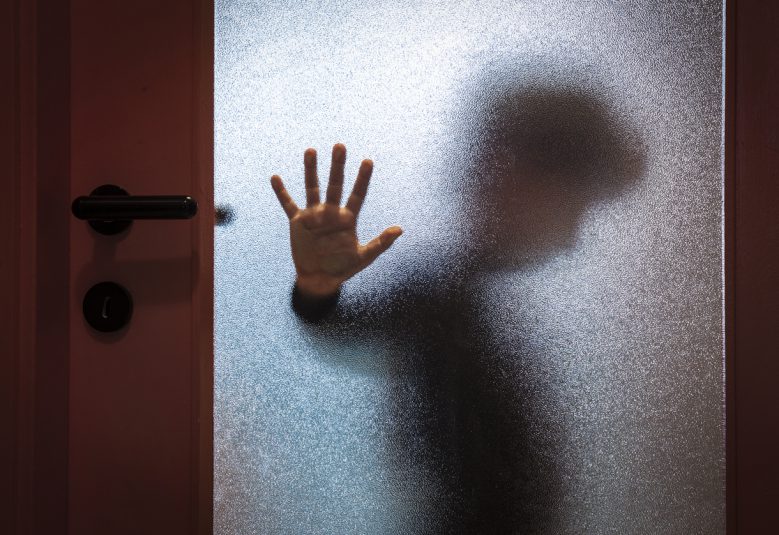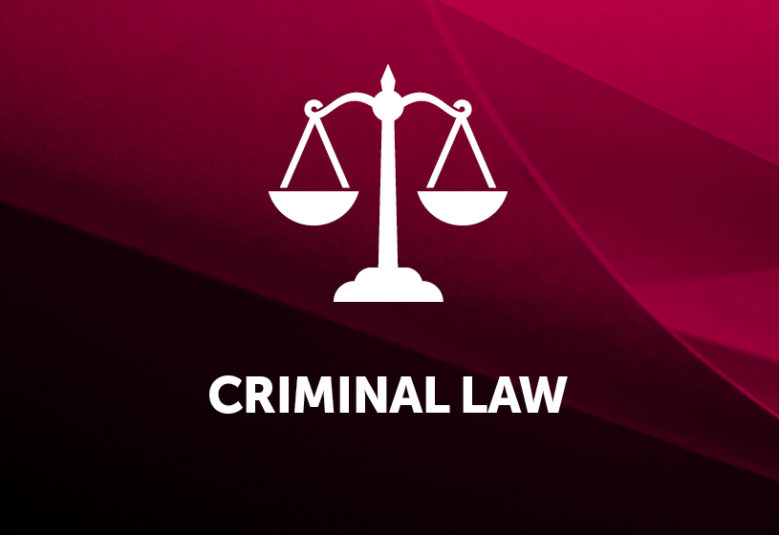When should a child be held criminally responsible? The minimum age and doli incapax
Amidst the ongoing scrutiny of the aged-based barriers to criminal responsibility, this article unpacks the history, science and law surrounding it. By THOMAS CROFTS.





